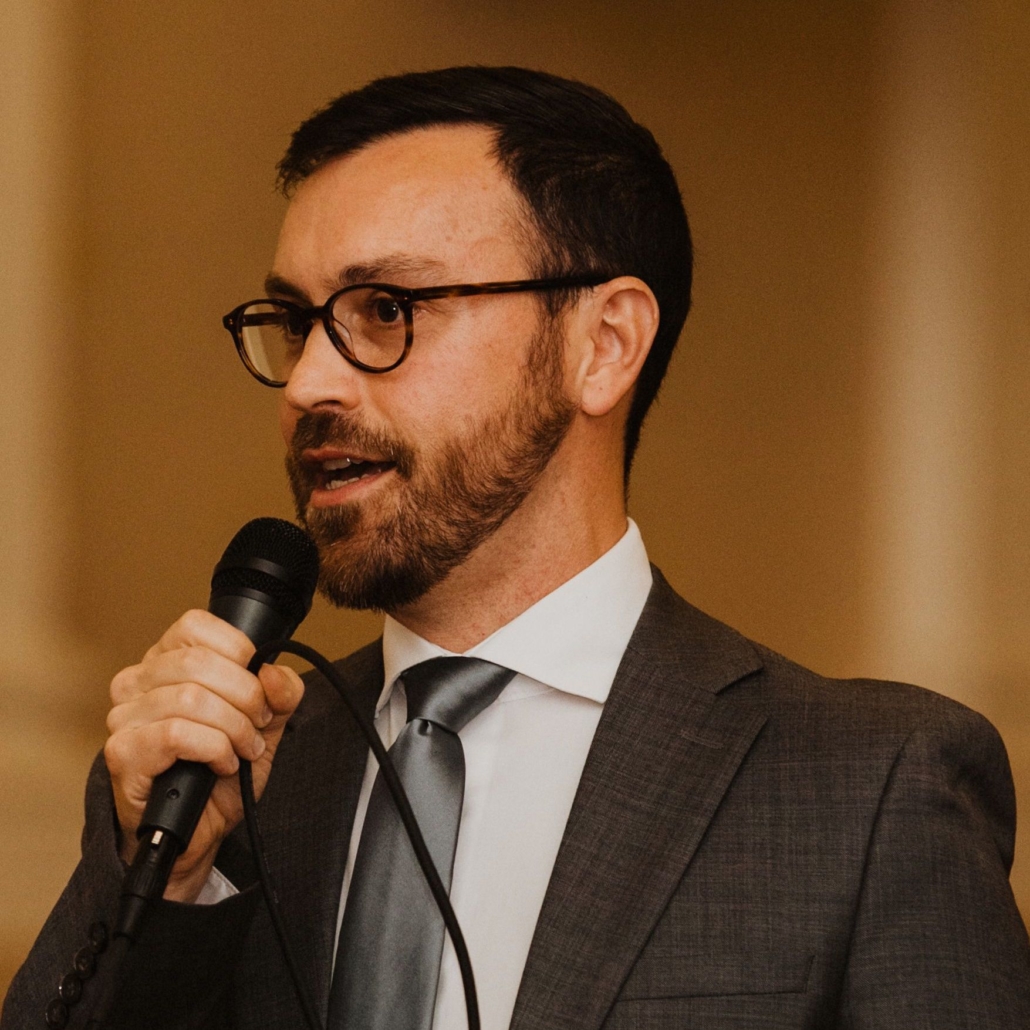Listen to episodes featuring Matthew Thomas:
The Complexities of Teaching & Teacher Education
by Matthew A.M. Thomas
Senior Lecturer, Comparative Education and Sociology of Education, The University of Sydney
“Those who can’t do, teach.”
“Teachers are born, not made.”
These and other related myths belie the reality that teaching is an inherently complex endeavour. As someone who has worked as a public-school teacher, I can attest personally to the complexities of teaching. This is one of the reasons I so appreciated Armand Doucet’s episode, where he highlights the wide range of activities in which teachers are simultaneously engaged, such as: researching and preparing new content; designing, differentiating, and assessing learning activities; learning about, caring for, and supporting students; collaborating with educational leaders, teachers, parents, and community members; and so much more.
Thus, how do we prepare teachers for the immensity and importance of this role? I’ve been fascinated by this question for many years and devoted much of my professional career to researching and working in teacher education. In studying the interrelated policies, processes, and pedagogies that enable or constrain the preparation of teachers, several additional FreshEdepisodes have offered valuable insights.
Maria Teresa Tatto and Ian Menter discuss in their episode a study comparing initial teacher education in England and the United States. They provide a critical analysis of the various pathways to becoming a teacher in these two countries, including the Teach For America and Teach First UK programs. In another episode, Linda Darling-Hammond similarly draws on a comparative study of education systems across Australia, Canada, China, Finland, and Singapore. Her findings foreground political and programmatic conditions that enhance educational systems and teacher education, including adequate funding for pre-service teachers as well as sufficient time for them to digest and conduct educational research. Finally, Shenila Khoja-Mooljireminds us to consider the knowledge structures and pedagogies utilised in teacher education. She critically examines her own roles and embodiments during an in-service teacher training program in Pakistan, with the goal of supporting a more sustainable and equitable teacher education.
These four episodes highlight some of the complexities of teaching and teacher education, and I am immensely thankful to these (and other) FreshEd guests for sharing their insights. Debunking the myths above is an ongoing project, however, so I look forward to hearing future episodes featuring stellar guests who are researching teaching and teacher education. Are you next?
December 16, 2020







